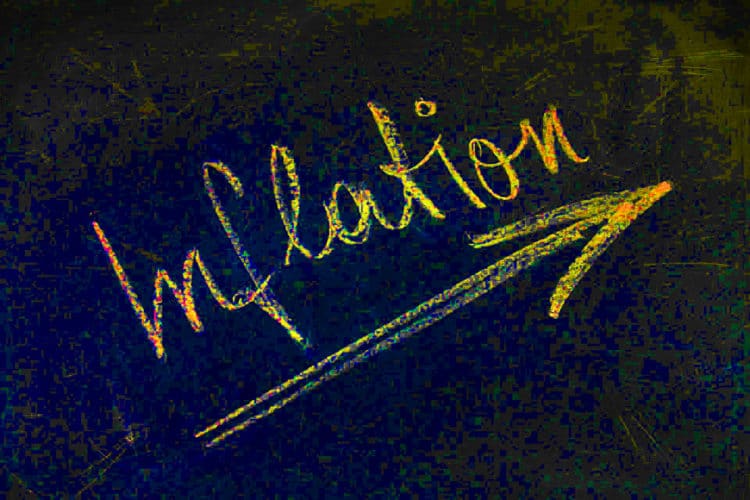The world will see increasing inflationary pressure as the Russian invasion of Ukraine continues , said KPMG recently when releasing its latest KPMG Global Economic Outlook.
While Russia and Ukraine together represent a relatively small part of the world economy, both countries account for a large share of global energy exports, as well as exports of a range of metals, food staples and agricultural inputs, KPMG warned.
Together, Russia and Ukraine account for almost a third of global wheat exports, the firm added.
Global inflation range this year and next
The global economy emerged from the COVID-19 recession with higher public debt and as central banks raise interest rates, the servicing cost of sovereign debt also increases, making it particularly challenging for emerging countries whose debt is denominated in an appreciating US dollar, KPMG observed.
With policymakers and many businesses still reeling from the consequences of the pandemic, they are less ready to counter another significant economic shock, the firm predicted.
Global inflation could average between 4.5%-7.7% this year and between 2.9%-4.3% in 2023, depending on how the crisis evolves, said Yael Selfin, chief economist, KPMG in the UK .
The change in central banks’ stance to address rising inflationary pressure, especially the Fed’s, could add volatility to markets as they adjust to a new policy direction, Selfin noted.
“Going forward, the world economy will have to navigate a difficult period ahead under a cloud of geopolitical uncertainty,” he said. “Businesses and households will be hoping for the best but should plan for potential ongoing disruptions and uncertainty.”
The outlook for the next two years will depend on how the conflict between Russia and Ukraine evolves, he pointed out.
With so much uncertainty at present, KPMG’s Global Economic Outlook said it has developed the following three scenarios to examine the prospects for the world economy.
The main scenario assumes that world oil prices will be US$30 higher than their path prior to the escalation of the crisis, while gas prices will be 50% higher across Europe. It also incorporates a 5% rise in global food prices.
A more severe scenario looks at the potential impact with world oil prices US$40 higher together with a 100% rise in gas prices for Europe and 50% rise in gas prices for the rest of the world.
This downside scenario also assumes a 10% rise in global food prices.
Both scenarios incorporate a 23% rise in average metal prices and a 4% increase in the cost of agricultural inputs. They also include higher investment risk premia and additional government spending in Europe.
The upside scenario looks at the possible outcome should the conflict resolve sooner than anticipated, with prices returning to early February levels and production and trade flows restored.
Risks skewed to downside
Risks to KPMG’s forecast are currently skewed to the downside, the firm said.
It’s possible to envisage that the conflict between Russia and Ukraine escalates beyond the report’s downside scenario, with cuts to energy supplies for example causing a significant disruption to production in parts of Europe, KPMG added.
The COVID-19 pandemic is still causing shutdowns in major economies such as China, and a new wave could undo the progress in easing global supply chain blockages, KPMG noted.


